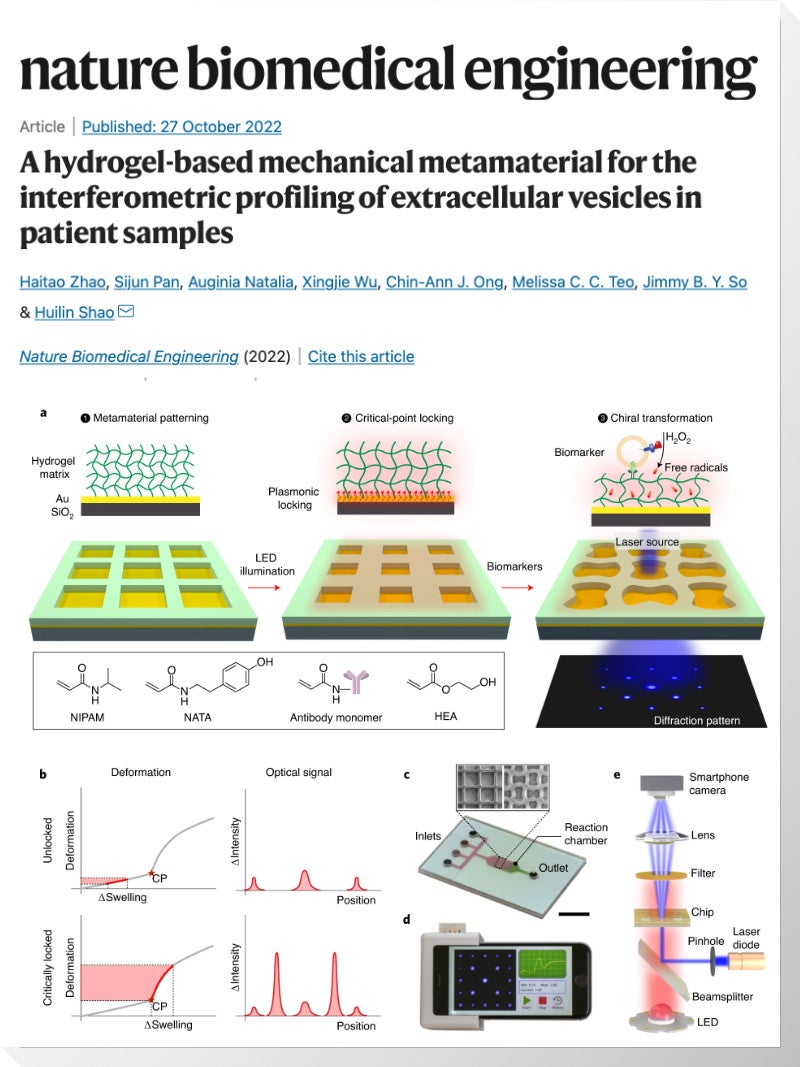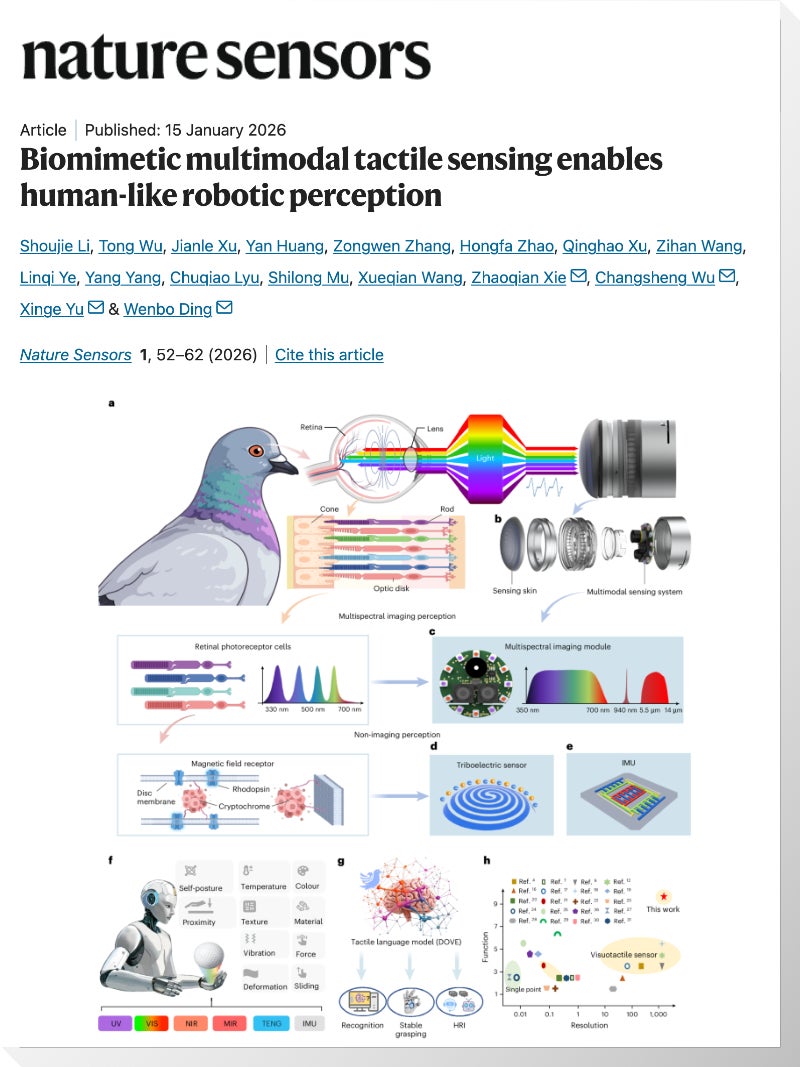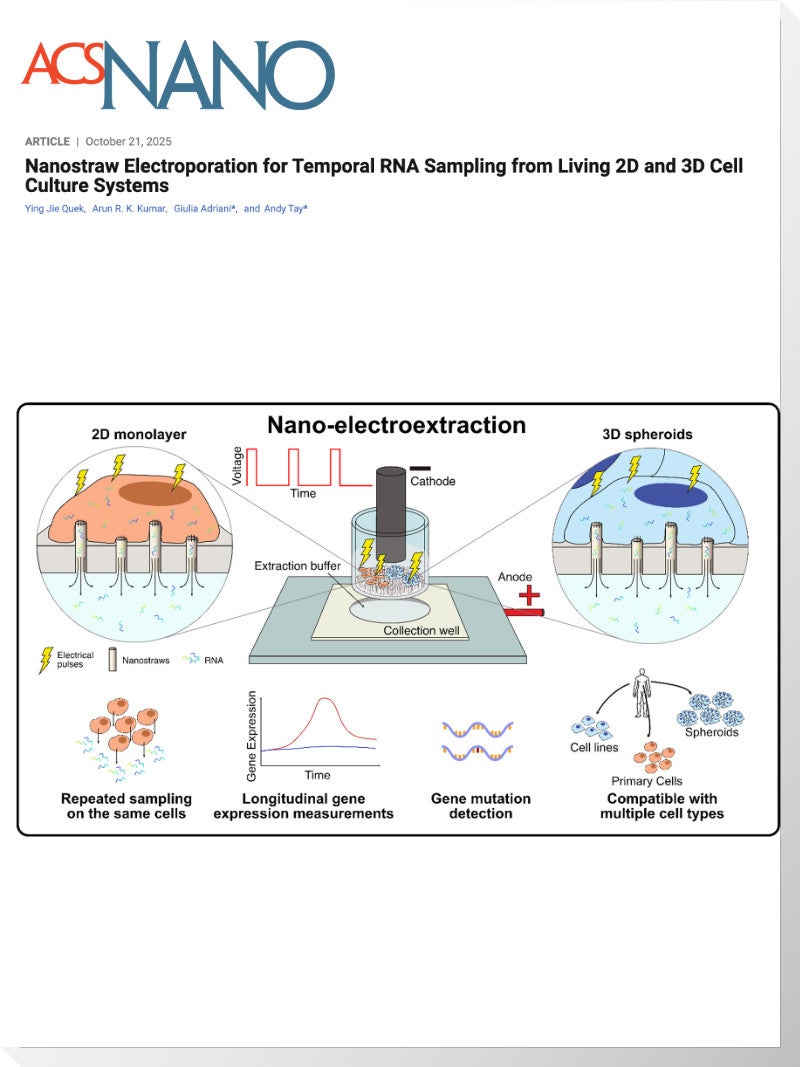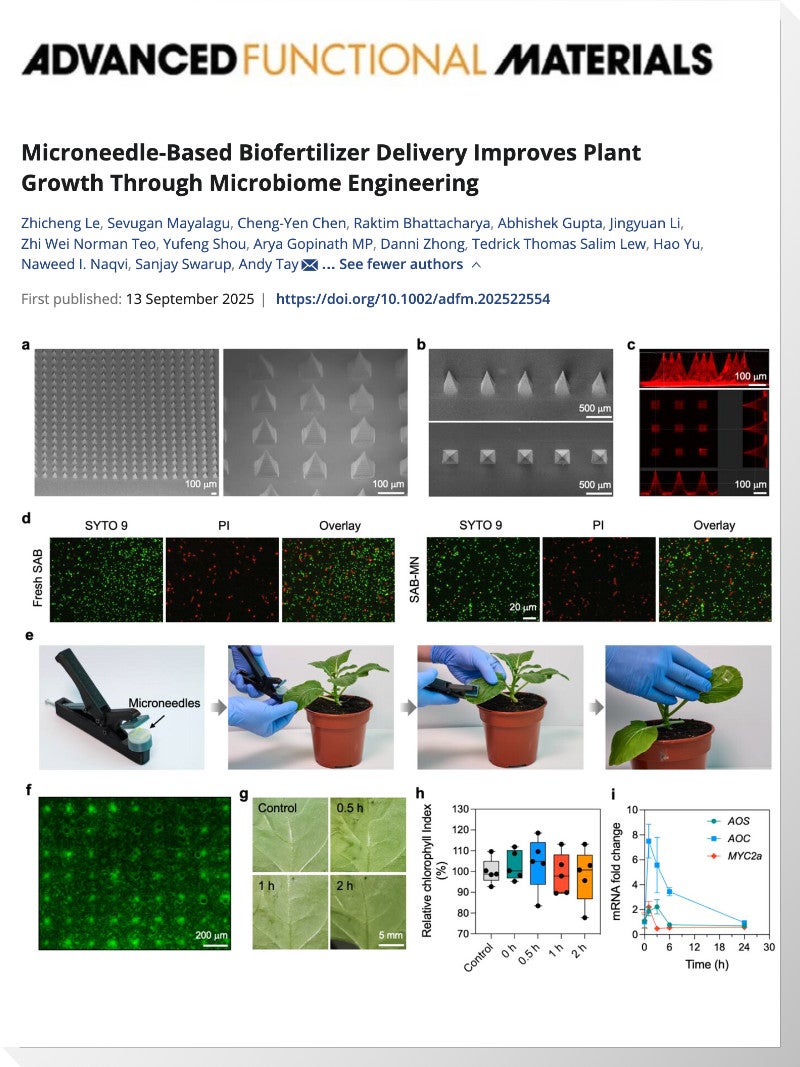A hydrogel-based mechanical metamaterial for the interferometric profiling of extracellular vesicles in patient samples
- October 27, 2022

Haitao Zhao, Sijun Pan, Auginia Natalia, Xingjie Wu, Chin-Ann J. Ong, Melissa C. C. Teo, Jimmy B. Y. So & Huilin Shao
Abstract
The utility of mechanical metamaterials for biomedical applications has seldom been explored. Here we show that a metamaterial that is mechanically responsive to antibody-mediated biorecognition can serve as an optical interferometric mask to molecularly profile extracellular vesicles in ascites fluid from patients with cancer. The metamaterial consists of a hydrogel responsive to temperature and redox activity functionalized with antibodies to surface biomarkers on extracellular vesicles, and is patterned into micrometric squares on a gold-coated glass substrate. Through plasmonic heating, the metamaterial is maintained in a transition state between a relaxed form and a buckled state. Binding of extracellular vesicles from the patient samples to the antibodies on the hydrogel causes it to undergo crosslinking, induced by free radicals generated via the activity of horseradish peroxidase conjugated to the antibodies. Hydrogel crosslinking causes the metamaterial to undergo fast chiral re-organization, inducing amplified changes in its mechanical deformation and diffraction patterns, which are detectable by a smartphone camera. The mechanical metamaterial may find broad utility in the sensitive optical immunodetection of biomolecules.






